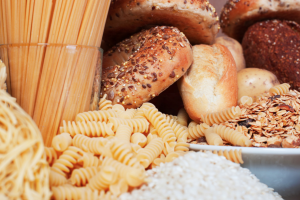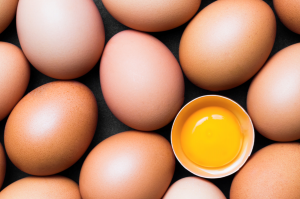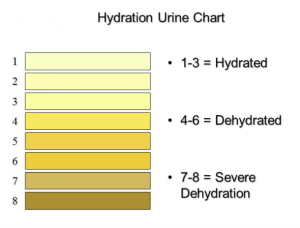28 Apr Nutrition and Running
Running is a fantastic way to get or stay fit, while also obtaining the mental health benefits of clearing your mind and having a hit of serotonin. There are a few upcoming running events in Melbourne, where you have the chance to be more competitive with your activity and challenge yourself with much greater distances.
- The Mother’s Day Classic is coming up on May 9th, where you have the opportunity to run 10km (or walk 5km) for breast cancer research.
- The Surf Coast Trail Marathon in Torquay is in late June
- The Tan Running Festival in early August
- The Melbourne Marathon in October
nutrition running
While the physical act of training is exceptionally important, the nutrition support is often forgotten until race day. While each person and their requirements will vary, here are some key pointers to try out while training so that you don’t experiment on the big day! This will help avoid stomach discomfort, not being adequately fuelled or feeling heavy during the run.
nutrition running
Carbohydrates
Our body’s preferred source of energy, including our brain. Ideally, our intake should reflect our activity levels, whereby we consume additional carbohydrates on days when we are more physically active and less on days when we aren’t.
We are also able to store carbohydrates as glycogen in muscles, so starting our runs (especially longer runs) with these stores topped up is very desirable.
Typically, we can group carbohydrates into two key groups:
- Category A Carbohydrates include high fibre, lower GI options. Examples of these are multigrain bread, brown rice, potato or wholegrain pasta
- Category B Carbohydrates include low fibre, higher GI options. Examples of these are white bread, pikelets, lollies, sports drinks, energy gels, honey or jam
Most of our diet should be made up of Category A Carbohydrates, however Category B carbohydrates are exceptionally handy closer to or during exercise to give our body a quick and easily digested energy source.

Protein
An important nutrient to build and repair muscles, as well as keep us full and satisfied. Our intake of protein doesn’t need to change significantly during periods of exercise, instead it is recommended to consume regular ‘hits’ of protein throughout the day, every day.
Examples of protein sources include palm size portions of meat, eggs, fish, dairy (milk, yoghurt, cheese), legumes and beans. Aim to include a source of protein at each meal and snack to help meet recommendations.

Fluids
Aim to be well hydrated when starting training or an event. Not sure how you can tell? Have a look at the colour of your urine, it should be a very pale yellow.

Water is the preferred source for hydration, but Hydralyte or sports drinks can come in handy. Both contain electrolytes lost in sweat. These electrolytes also help absorb and retain fluid like a sponge, so they can be useful to become or stay hydrated. Sports drinks, such as Powerade or Gatorade, also contain simple sugars (Category B Carbohydrates), so they have the additional purpose of topping up energy.

nutrition running
Putting it all together
The number one recommendation would be to trial some adjustments to your nutrition strategy to support your running while training, especially for longer runs.
The pre-event or pre-training meal should ideally be consumed about 3-4 hours prior to allow your body to have time to digest it well. Aim to include a source of Category A carbohydrates in an amount that reflects physical activity, as well as a source of protein and some colour (fruits or vegetables). Be conscious of hydration status and keep up fluid intake.
Prior to a long run or the event, you have an opportunity to ‘top up’ your stores about 1-2 hours before. Choose Category B Carbohydrates here, which allows them to be easily and quickly digested. This is also another opportunity to hydrate.
During long runs you may need to top up energy stores. Current recommendations suggest about 30-60 grams of Category B carbohydrates per hour to assist you in replenishing energy and keeping up a quality run. This may be 3-6 lollies or an energy gel. Where possible aim to have sips of water to remain hydrated.
Post-run nutrition is important for helping assist the recovery process. Refuel and rebuild by having a source of carbohydrates and protein within an hour of finishing your physical activity. Rehydrate by sipping on water throughout the hours post-run and perhaps choosing a Hydralyte if you experienced high sweat loss.
This information has been summarised in a one-page document available to print using the link below. Our Dietitian Alex is available for consults on Monday mornings and Tuesday afternoons if you would like personalised recommendations for you use nutrition to help support you in achieving your running goals.
Nutrition and Running Summarynutrition running


